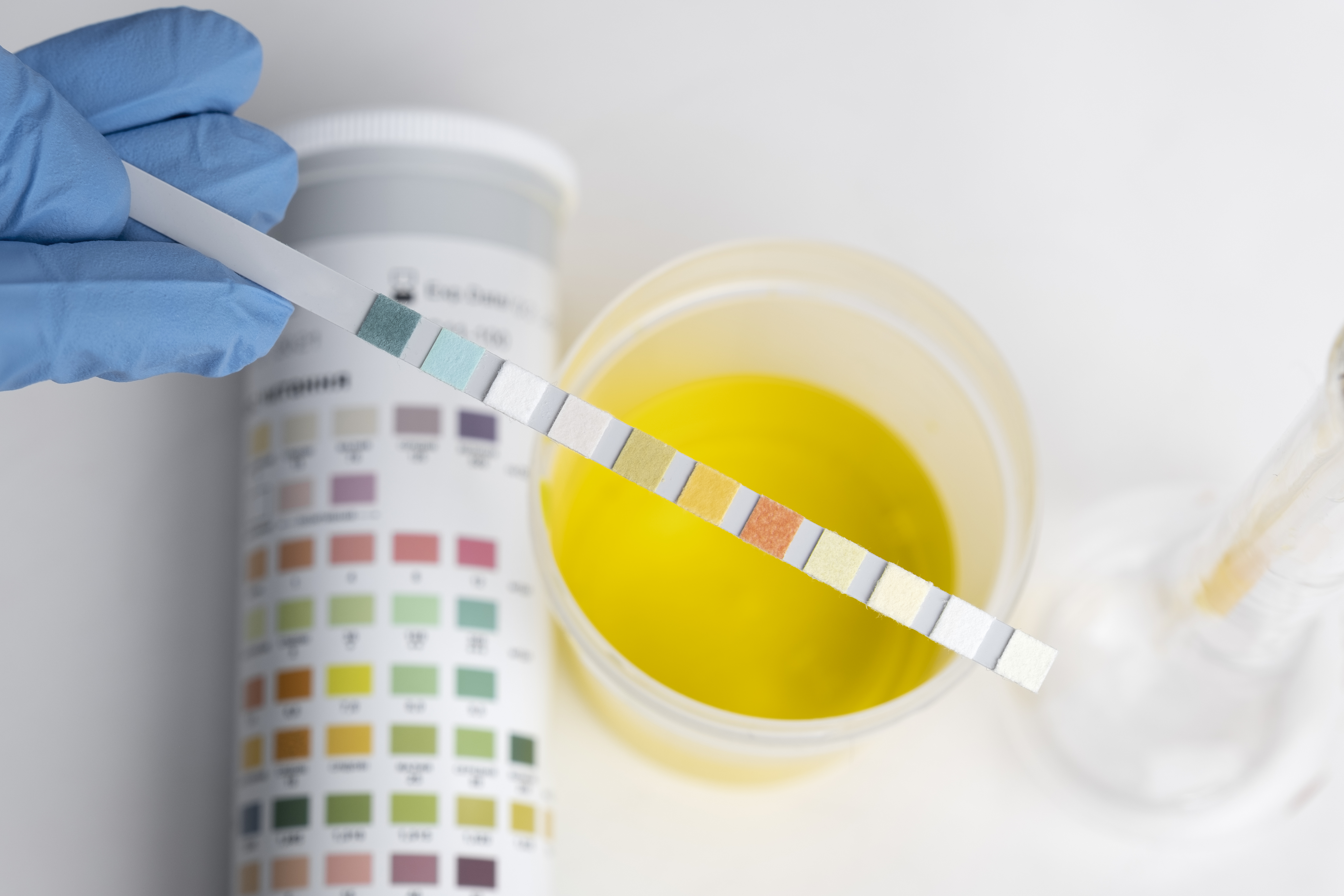
An overview of chronic kidney disease, its symptoms, causes, and treatments
According to the national kidney foundation, Kidney disease, also known as chronic kidney disease or CKD, causes more deaths than breast cancer or prostate cancer. And a staggering 90% of people with kidney disease don’t even know they have it.
What is kidney disease?
Chronic kidney disease or chronic kidney failure results from a progressive loss of kidney function, which reduces the ability of the kidneys to keep you healthy by removing waste from the blood.
Symptoms of chronic Kidney disease
There is no one-size-fits-all when it comes to the symptoms of CKD and kidney failure. Until kidney disease is advanced, most people do not experience any symptoms. Despite this, you may notice:
- Fatigue and less energy
- Concentration problems or confusion
- Morning puffiness around the eyes
- Edema- swollen feet and ankles
- Dry or itchy skin
- Poor appetite
- Excessive or insufficient urine.
Causes of chronic Kidney disease
Most chronic kidney disease cases are caused by diabetes and high blood pressure, also known as hypertension. These are some of the conditions and diseases that contribute to chronic kidney disease:
- Type 1 or type 2 diabetes
- High blood pressure
- Glomerulonephritis, the inflammation of the kidney’s filtering units (glomeruli).
- Inherited kidney diseases or Polycystic kidney disease
- Interstitial nephritis, a kidney disorder in which the spaces between the kidney tubules become swollen (inflamed).
- Using illegal substances such as heroin or cocaine can damage the kidneys.
- Yellow fever and malaria.
Chronic kidney disease risk factors
Chronic kidney disease can affect people of any age. Nevertheless, some people are more prone to kidney disease than others. The following factors may increase the risk of kidney disease:
- Diabetes
- High blood pressure
- A family history of kidney disease
- Obesity
- Chronic use of kidney-damaging medications
- Race and ethnicity- population groups such as African Americans, Hispanic Americans, Asians, Pacific Islanders, and American Indians.
Prevention and treatment
The progression of kidney disease can be slowed and sometimes even prevented if it is detected early enough. Diet and medication changes can help prolong kidney life in the early stages. The following is suggested:
- A regular physical activity schedule is advised
- Use non-prescription pain relievers only as directed
- Monitor your kidney function
- Make sure your blood sugar is under control if you have diabetes
- Maintain a healthy diet. Ensure that your diet is low in fat and low in salt
- Avoid drinking too much, smoking as well as exposure to heavy metals – such as lead, fuels, solvents, and other toxic chemicals.
- Advanced stages of kidney disease may require dialysis or a kidney transplant.
kidney dialysis
People with damaged kidneys may have difficulty eliminating waste and unwanted water from the blood. The process of dialysis involves filtering and purifying the blood of patients with kidney failure or end-stage renal disease (ESRD). In essence, dialysis treatment helps keep the body’s fluids and electrolytes balanced when the kidneys can no longer function properly. The following article explains dialysis in more detail.


